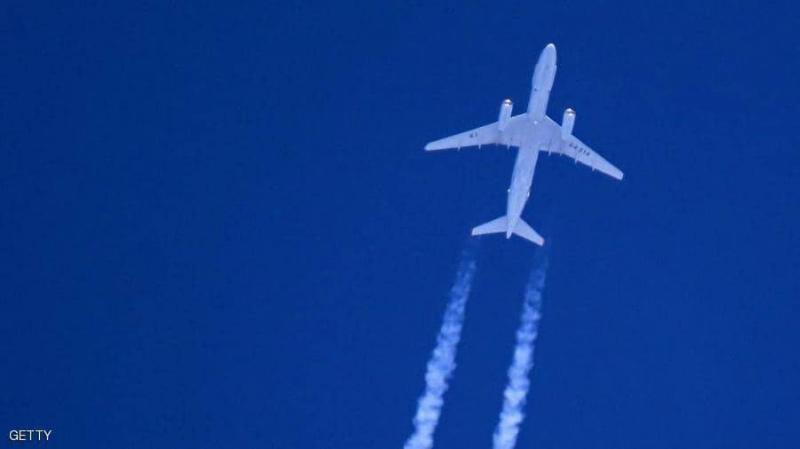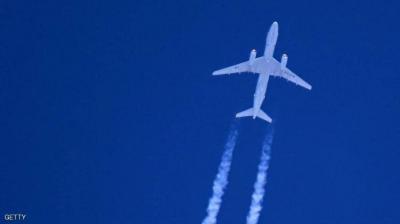On November 22, 2020, the United States, under then-President Donald Trump, officially withdrew from the Open Skies Treaty, which allows unarmed surveillance aircraft to explore the airspace of the countries that signed the agreement. After President Joe Biden took office, he confirmed that Washington "will not return to the treaty," prompting Russia to take a similar step recently. On Monday, Russian President Vladimir Putin signed a law for his country’s formal withdrawal from the treaty. The Kremlin stated, "The US decision to withdraw significantly undermined the balance of interests between member states and forced Russia to withdraw."
The withdrawal of both countries from the agreement, which was established in 1992 by 27 countries in Helsinki, Finland, and took effect on January 1, 2002, carries various implications. The Kremlin blamed the US for seriously damaging respect for the treaty and its significance in building trust and transparency, which has posed a threat to Russian national security.
Cold War Context
Amr Al-Dib, director of the Realist Expert Center and an international relations expert, stated in remarks to "Sky News Arabia" that the Open Skies Treaty, signed in 1992, was a remarkable outcome of the end of the Cold War atmosphere between the two major world powers. Through the provisions of this treaty, 35 countries had a significant opportunity to understand how their neighbors were operating on the ground legally.
The signatory and ratifying parties committed to opening their airspace for monitoring flights by other parties. The US and Russia were entitled to carry out flights to monitor the territories of the other signatory countries. Al-Dib pointed out that "no one would turn their airspace into a domain for espionage to know all the military and economic secrets of other countries; therefore, a number of flights were regulated and timed. Despite all the rules, it was a significant step forward in terms of peace and trust on the ground between the Western bloc and the Russian Federation."
However, due to various conditions affecting US-Russian relations, Washington previously announced that participating in the Open Skies Treaty was not in America's national interest. In recent years, numerous disputes arose regarding monitoring flights; the US refused to allow Russian aircraft to approach Alaska and Hawaii without providing any reason, while Russia complained that it could not approach Abkhazia and South Ossetia from the air. Additionally, Moscow held a firm stance that the treaty stipulated that flights should not touch the 10-kilometer border line. Russia recognizes these republics as independent countries, which meant the US could not approach these republics.
Al-Dib emphasizes that with Washington's withdrawal, the US lost nothing from the Open Skies Treaty. After all, the right to fly over Russian territory remained with many of its NATO partners, hence Russia decided to withdraw from this treaty to prevent the US from flying over Russian territory through its NATO partners.
Satellite Systems
Egyptian strategic thinker Major General Samir Farag explained in remarks to "Sky News Arabia" the impact of the Russian and American withdrawals from the treaty, indicating that this will lead to the expansion and development of satellite systems, enabling parties to obtain information accurately rather than relying on open skies. He noted that "flying provided more accurate information, considering that the distance was not high compared to satellites."
He clarified that Moscow's withdrawal followed the US exit because "Russia felt that European countries and NATO members could access information under the treaty and provide it to the US (thus Washington did not lose anything from its withdrawal). Subsequently, the Russian exit came to prevent NATO countries from exploiting it and providing information to the US, despite its withdrawal."
He highlighted that the Open Skies Treaty allowed European countries and the US to know what was going on in Russia and permitted Russia to know what was happening in the US and Europe. Thus, with both Washington and Moscow withdrawing from the treaty, the flow of information will diminish, leading both sides to develop satellite systems to obtain accurate information.




